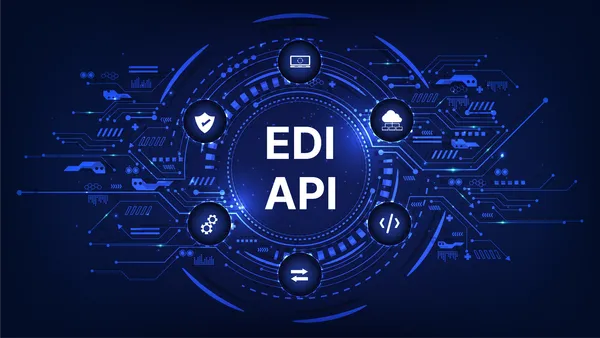Dive Brief:
- Blockchain engineers join artificial intelligence specialists as the top paid software development roles, earning an average yearly salary between $150,000 and $175,000, according to data provided to CNBC by tech recruiting firm Hired. The average software engineer, by comparison, earns an average of $135,000 a year.
- Demand for blockchain engineers rose a sharp 400% since 2017, according to Hired. The demand for blockchain specialists is more acute than that of software engineers, which has driven salaries up.
- Companies are looking for blockchain skills alongside traditional tech titles, such as systems and back-end engineers or solutions architects. Blockchain engineers work with a variety of programming languages, including C++, Python, Solidity, Go, Java and JavaScript. Cryptography, database design and networking skills are also in demand, according to CNBC.
Dive Insight:
Blockchain investment is set to crack the $2 billion mark this year, and more businesses expect the technology to become a foundational part of IT infrastructure in the long run. In the next few years, early blockchain players and innovators will be crucial for setting standards and protocols.
The kickoff of major, cross-industry blockchain initiatives, such as IBM's food supply train tracking program, are helping build trust in the platform and inspire new use cases.
Yet tech refresh and taking care of outdated IT is still a priority for many businesses going into 2019, but as more organizations modernize, there will be more market opportunity for advanced tech such as blockchain.
The sudden uptick of everyone and their mother trying to use one of the most hyped technologies of 2018 is challenging businesses looking for blockchain talent. Recruiters can only stretch the hiring budget and benefits so far and competing companies are avidly pursuing blockchain engineers for new opportunities, making retention harder.
Artificial intelligence and cybersecurity are two fields similarly plagued by talent constraints. Efforts to retool education programs around these areas will help the future talent pipeline; more promise than reality right now, blockchain has yet to benefit from comparable changes.













